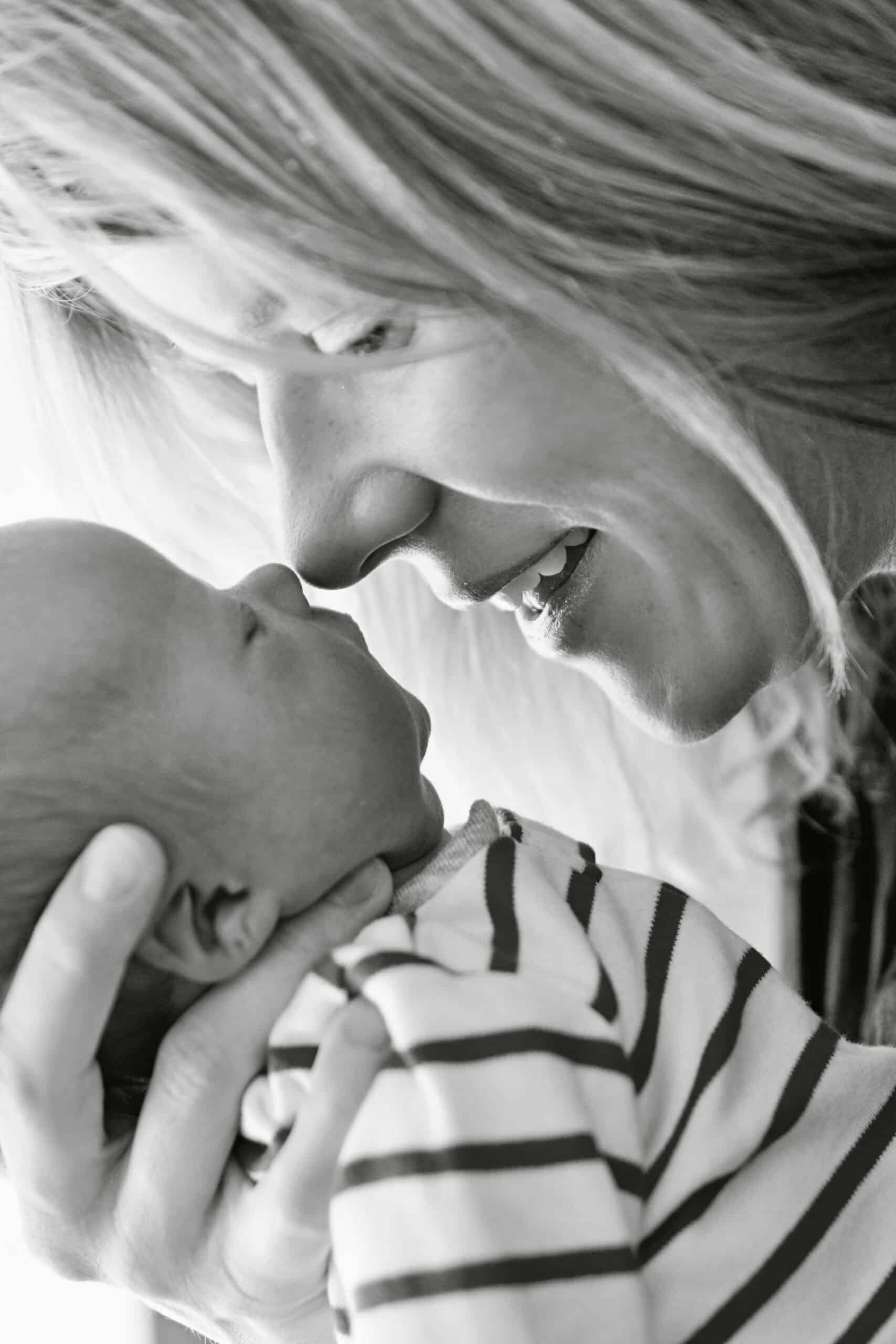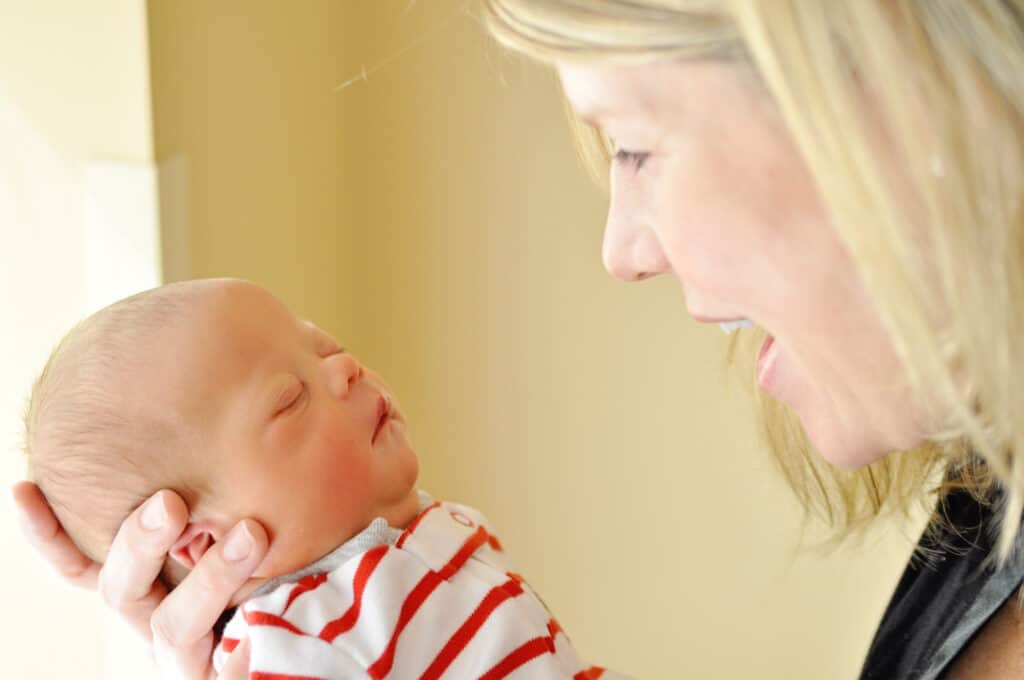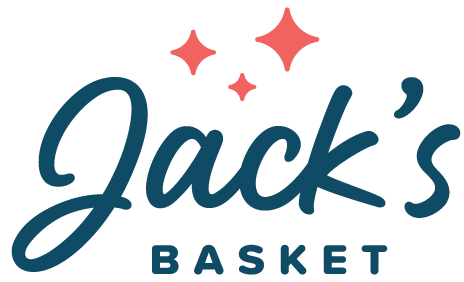
Help you, help me.
I can remember it like it was yesterday. Chris handed our newborn, Jack, to me and had the responsibility of sharing the news I wasn’t expecting: “They think he has Down syndrome.”
I cried out, this is not what I had planned. This is not what I wanted. I questioned and feared how it would affect our marriage, our 2-year-old, and the future I had envisioned. How much would be needed to help him live a full and meaningful life? How would the world accept him?
Developmental delays, low muscle tone, aspiration, and early intervention were new words being used, and I wasn’t prepared for these conversations. This was not a part of my plan.
The shock of the news of having a baby with Down syndrome was so intense. I woke up each day for four months, wondering if I was dreaming, waiting for someone to tell me they got it wrong.
I searched all the books, the online groups, and Down syndrome resources, the medical journals, found the best providers, and asked the community to tell me life was going to be good. Although most was very helpful (yet at times overwhelming), what has shown to be true in the 10 years of life with Jack: it’s Jack who has helped us most.
“Help you?”
I often ask Jack (probably too much), “Do you want me to help you?” If it’s about getting dressed, brushing his teeth, wiping his face, or zipping his coat.
After a decade of answering our question, Jack has developed his own way of asking for help. Instead of asking “can you help me?” Jack asks, “help you?”. Jack has taught me something profound by unintentionally turning the question on its head. Jack may not know it, but his question is actually an answer I’ve been looking for for a long time. Help you. He has helped me by showing me it’s okay to ask for help.
Help you, help me.
Although I know Jack will learn how to correctly ask for help, it’s in these moments of life with Jack that it becomes so clear to me.
As a goal-driven individual, I wasn’t prepared for the slower pace or the extra repetition because I desire to be efficient, inventive, a problem-solver, and make things happen.
I needed help being more patient and accepting. I needed to learn to focus on the process instead of the outcome, and that there is a worthwhile connection when we’re able to be vulnerable enough to ask for help.
“Are you aware of Trisomy 21?”
If someone had told me after receiving his Down syndrome diagnosis, “your child will help you,” I may have missed it with all the things flooding my mind with what I need to provide for him. But now I get it.

When I think of motherhood, it’s a humble role of service. I have been told that I have a tendency to be a vacuum for the needs of others. What mom isn’t at times? We see something, we want to help, yet how many times are we the ones who really need the help?
Help you, help me.
Delayed milestones have led us to a team of extended family, whom we call our physical, speech, and occupational therapists. An intellectual disability calls for meetings around a table of educators and paras entrusted to help our child meet academic goals. Unique life experiences have led to friendships and a family I didn’t know existed. I’ve experienced too many humbling parenting moments that arise because my child has additional needs that make me rely on others for assistance. I hate that feeling, yet I know how good it is for me in this growth journey. And…it allows others to help Jack, and help me.
Pride and fear have impacted my willingness to accept help from others. What if I don’t share all that might happen? What if it doesn’t go well? Striving for comfort and everything to go as planned, trying to prepare for all of it. Not only is it unsustainable long term, but we are potentially eliminating others from giving of their gifts and serving others. What if my desire for control is prohibiting others from helping me, Jack, and our family?
Each day I’m learning that I have to choose to accept that so much is out of my control, be humble enough to admit when I don’t have the answer, and extend myself the grace that I so easily give others.
I have to be intentional to show up in a place that I can just be…able to trust, surrender, and be vulnerable enough to ask and accept help when I need it.
Jack, thank you for teaching me that when I ask for help, I am also letting go of fear…
Help you, help me.
I miss running…
So it’s been at least four months since my last entry and my life has changed dramaticallyR
18 months…Stay tuned to WCCO TV!
Wow, what a month it has been! Where do I even begin to update you on the amazing month we have
Let’s do this better. Speaking at the hospital.
September 8th. I’ve had this date starred on the calendar for over six months. *Speaking at


Leave a Reply